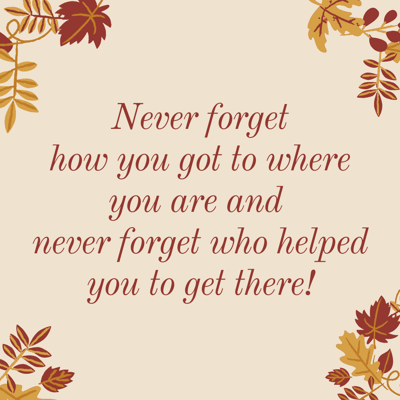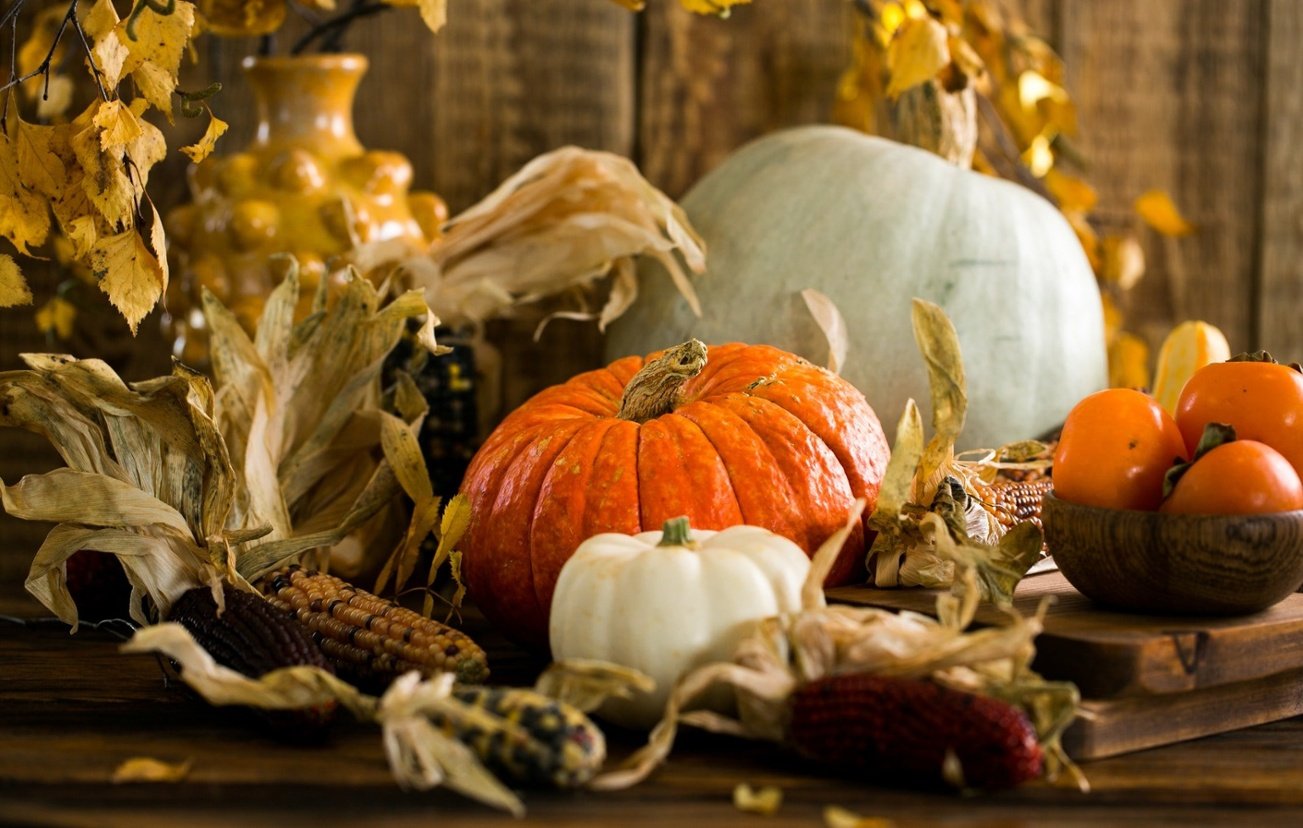November is often embraced in schools with fall decor, themed activities, and the teachings of the story of Thanksgiving. What many of us experienced in these teachings growing up was a story about the union of the Pilgrims and Native Americans over a delicious meal - a story of peace and thanks. When in reality - we now know - there is a bit more to the story to say the least.
So, given all that we know now, how do we move forward and honor this time in our nation's history while being culturally responsive?
As educators, we are required to review educational materials for simplistic and demeaning generalizations on the basis of race, color, sex, gender identity, religion, national origin, and sexual orientation. When generalizations are identified, appropriate activities, discussions, and/or supplementary materials can provide balance and context for any such stereotypes depicted in such materials. Through this process, we can create pathways to ensure that students can reflect on potentially problematic educational materials in ways that are inclusive, equitable, and create a sense of belonging and community.
This is why my colleague Mirko Chardin and I created a protocol focused on reviewing and revising an inquiry lesson on the relationship between the European settlers and the Wampanoag Tribe through the lens of UDL and culturally sustaining pedagogy.
Before you dive into the protocol, it's important to understand how certain holidays such as Thanksgiving can trigger different emotional responses for people that can be disruptive and harmful. To demonstrate that, we want to elevate and celebrate the experience of Robert Dias from the Mashpee Wampanoag Tribe, who provided insight into his experience with Thanksgiving.
"To be Mashpee Wampanoag during Thanksgiving makes me happy, yet sad on the inside. American history has different meanings to everyone including different Tribes. As a member of the Mashpee Wampanoag Tribe, our history has stood the test of time - being we’re the reason the entire nation celebrates Thanksgiving, which many think is based on peace between us and the English. In fact, our history shows that the English invited us to a feast to give thanks for showing them how to successfully harvest crops on this “New Land."
Unfortunately, history has always been written by those who have prevailed, especially in the case of America. As a student, I was told that Columbus discovered America. Even though my teachers told me this was history, I could never understand when my Tribe's history said otherwise. History isn’t always all the facts. It’s the person's perspective at the time. Hopefully, we can overcome the bias and lopsided reporting to represent history based on facts.

As a child, my grandfather told me, “Never forget how you got to where you are and never forget who helped you to get there!” That always stuck close to my heart. This statement was also one of the reasons that this time of year made me sad. As a Native man, our Tribe still faces issues from our United States Government. We seem to keep fighting for our rights as Native Americans. In one breathe we’re told that America’s thankful for our contributions. In the next, we are told we can’t have land in a trust. It doesn’t seem people are thankful, but we still celebrate this time of year as Americans.
As present-day America gives thanks to their relatives and loved ones at Thanksgiving, we must remember our history and share appreciation with our Native American community for their contributions to this country.
It gives me great hope that things are beginning to change. I’ve sat on the Tribal Council board for my Tribe for a few terms. I’ve always dedicated my time and efforts to our youth. Without good leadership, we will just lead back to the same struggles. I have faith in my Tribal youth to steer my people in the right direction through education, tradition, faith, and continued perseverance."
As educators, let us be sure to elevate and celebrate the identity of our youth and ensure that our lessons do not make them invisible, cause harm, or erase their proud history and where they have come from.
Resources
- Download the "Thanksgiving With Equity" Protocol - explore resources to feel better prepared to teach units that address potentially harmful content through a lens of culturally responsive pedagogy.
- Explore The Wampanoag Side of the First Thanksgiving Story from Indian Country Today
- Take your learning to the next level:
- Read Equity By Design from Mirko Chardin and Katie Novak
- Discover the self-directed course Equity By Design



